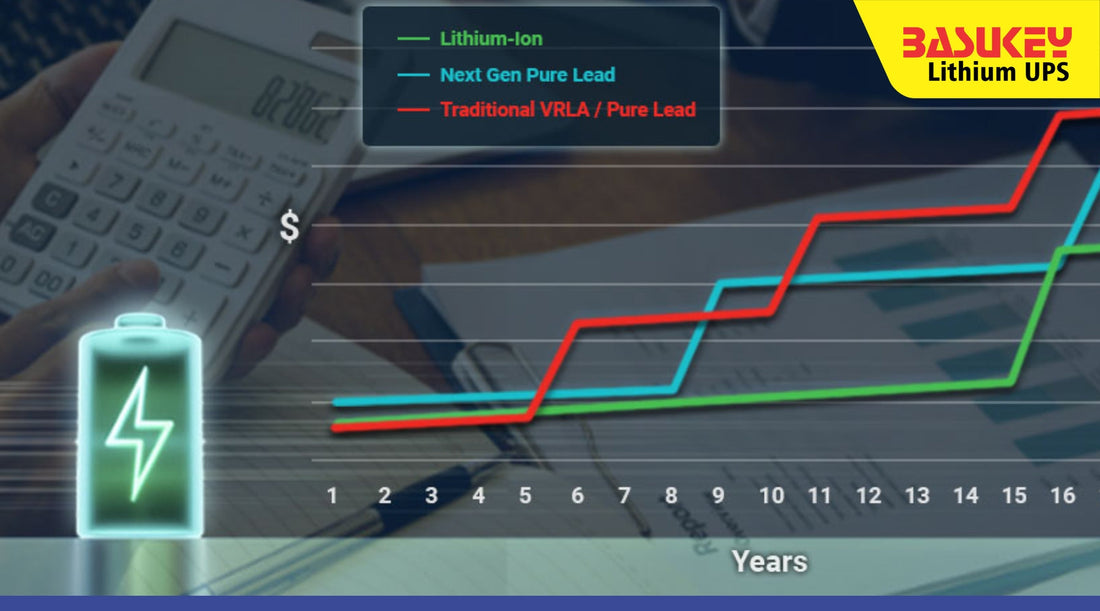
The Cost-Benefit Analysis of Switching to Lithium UPS
Share
Are you considering upgrading your Uninterruptible Power Supply (UPS) system? One option to explore is switching to lithium-ion batteries. But what are the cost-benefit implications of making this switch? Let's dive into the analysis to help you make an informed decision.
Initial Investment Costs
One of the key factors to consider when switching to lithium UPS is the initial investment cost. While lithium-ion batteries are typically more expensive upfront compared to traditional lead-acid batteries, the price gap has been narrowing in recent years. On average, the initial cost of a lithium UPS system can be 20-40% higher than a lead-acid system.
Long-Term Savings
Despite the higher initial investment, lithium UPS systems offer significant long-term savings. Lithium-ion batteries have a longer lifespan compared to lead-acid batteries, lasting up to 10 years or more. This extended lifespan translates to lower replacement and maintenance costs over time, making lithium UPS a cost-effective choice in the long run.
Energy Efficiency
Another factor to consider is the energy efficiency of lithium UPS systems. Lithium-ion batteries have a higher energy density, which means they can store more energy in a smaller and lighter package. This increased energy efficiency can result in lower electricity bills and reduced cooling requirements, further adding to the cost savings of switching to lithium UPS.
Environmental Impact
From an environmental perspective, lithium UPS systems are a more sustainable choice. Lithium-ion batteries are recyclable and have a lower carbon footprint compared to lead-acid batteries. By choosing lithium UPS, you can reduce your environmental impact and contribute to a greener future.
Total Cost of Ownership
When evaluating the cost-benefit analysis of switching to lithium UPS, it's essential to consider the total cost of ownership. While the initial investment may be higher, the long-term savings, energy efficiency, and environmental benefits make lithium UPS a compelling choice for businesses looking to optimize their power backup systems.
Before making a decision, it's crucial to assess your specific needs, budget, and sustainability goals. By weighing the costs and benefits of switching to lithium UPS, you can make an informed choice that aligns with your business objectives.
